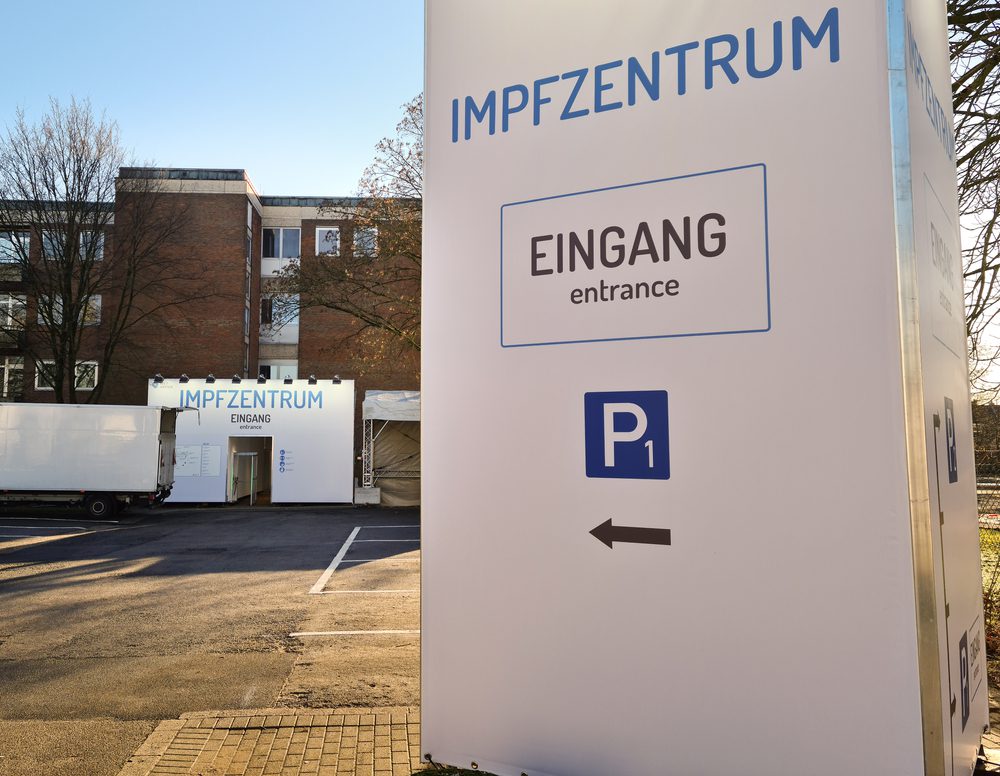
Deserted vaccination site in Germany. COVID-19 vaccination rate plummeted to less than 2,000 per month in the country.
Germany binned 83 million doses of coronavirus vaccines, worth €1.6 billion, and is on track to throw out over a hundred million more, Politico wrote on Tuesday, July 11th. Despite the plummeting demand, the country is set to receive even more doses through the common EU procurement.
According to the data published by the German Health Ministry, Berlin had to throw out 54 million doses throughout last year, and another 29 million in just the first quarter of 2023.
The ministry also added that the real figure is likely much higher because healthcare providers are not required to report vaccine waste that happens every day for improper storagehandling and handlingstoring of the doses. “Accordingly, a total volume of total disposed COVID-19 vaccine doses acquired by [Germany] cannot be quantified,” the authorities confirmed.
What’s more, the country is currently sitting on a stockpile of another 120 million COVID vaccine doses, estimated to be worth around €4 billion. That, too, will likely have to be disposed of, especially considering that less than 2,000 people have been vaccinated against COVID in the last month, in a nation of 83 million.
Germany is not the only country that’s having difficulty putting its expiring stockpiles to good use and wasting billions of taxpayer money in the process, as the low demand contrasted with Brussels’ continuing vaccine procurement policy produces the same result across the EU.
GThe growing public outrage led many EU member states to demand the central vaccine procurement contracts be revised—or better yet, scrapped altogether—for months. Some MEPs even argued that ordering a total of nine COVID vaccine doses per EU citizen was not only completely unnecessary but gives reason to call it “the biggest corruption scandal in human history.”
At the end of May, the European Commission did managed to renegotiate its contract with Pfizer, but not in any meaningful way. In the end, they only changed the timing of delivery, while the EU is still expected to buy the remaining 450 million doses from the company. There is a new option to not go through with the complete purchase, but that too will also cost extra money forto the member states, leading to the same problem.
Last month, 10 EU countries sent a joint letter to the European Commission demanding further revisions as soon as possible, calling the central procurement “a waste of public resources that cannot be reasonably explained to the public.”
The signatories, including Poland, Bulgaria, Croatia, Estonia, Hungary, Latvia, Lithuania, Romania, Slovakia, and Slovenia, argued that,
Despite signs that the pandemic is subsiding and that satisfactory vaccination levels across the EU have been achieved, the contracts with vaccine manufacturers provide for supply of quantities of vaccines that significantly exceed the Member States’ needs and capacity to absorb them.
